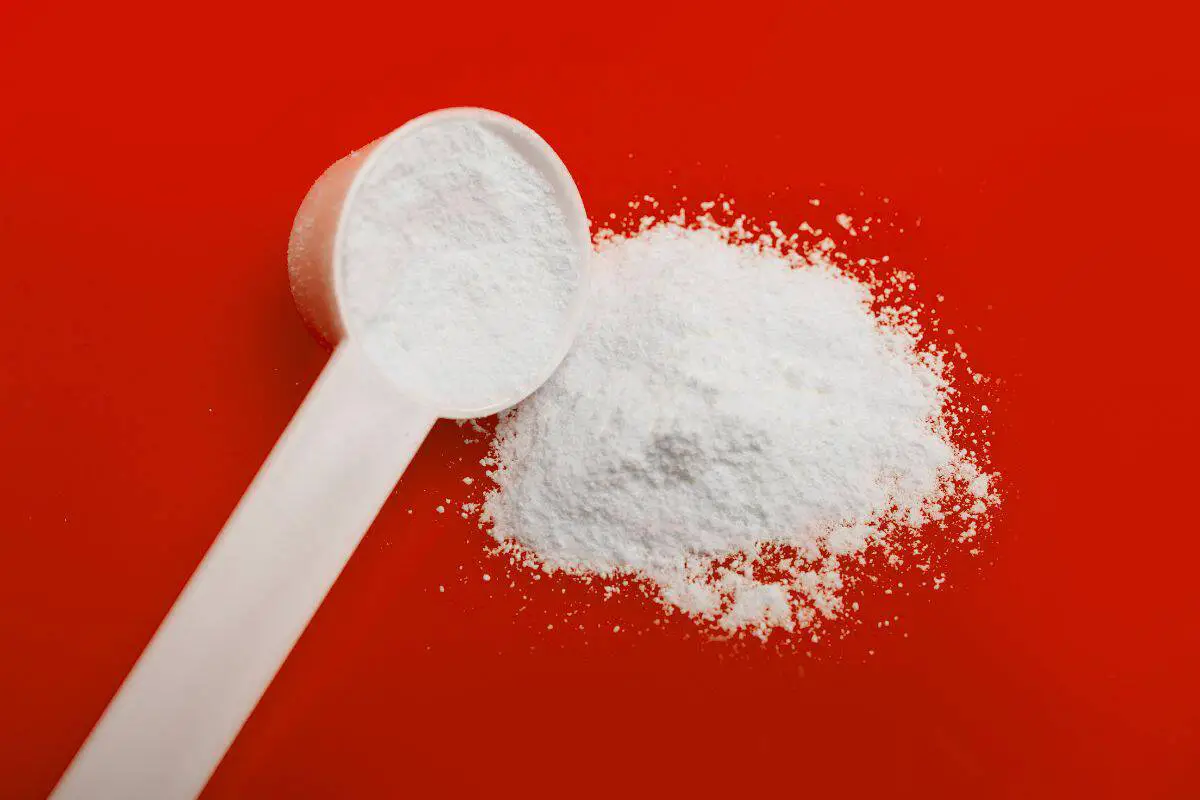Low-carb diets have been used for centuries by people looking to lose weight and treat certain conditions, such as diabetes and epilepsy. When carbs are cut from the diet, your body has to then burn fat to act as fuel. By doing this, the body benefits from a more efficient source of energy.
If you’re in need of something sweet, it can be a little challenging to find certain treats on a keto diet. Thankfully, there are a number of foods that contain artificial sweeteners to satisfy your sweet tooth.
But, some of these may contain maltitol. This is a sugar alcohol naturally found in various fruits and vegetables. Boasting 75% to 90% of the sweetness of sucrose (a sugar that naturally occurs in fruits, nuts, and vegetables), maltitol is often used as a substitute for sugar.
There are some excellent sugar substitutes you can use in a keto diet, including monk and stevia, which both contain zero calories and carbs. But, can the same be said of maltitol?
In today’s post, we are going to find out if maltitol is keto-friendly and if it is a good alternative to regular sugar in a keto diet.
Maltitol: What Is It?
Maltitol is a sugar alcohol and is similar to other sugar substitutes, such as sorbitol and xylitol.
Maltitol is typically used as a thickener in various sweet treats, including ice cream, candies, baked goods, and processed foods like protein and energy bars. It is regarded as a low calorie sweetener, so many consider it to be a healthy alternative in their diets.
You may not even know maltitol is in your food as it is often listed as hydrogenated glucose syrup, hydrogenated maltose, Lesys, SweetPearl, and Maltisweet on food packaging labels.
Although considered a carbohydrate, maltitol only provides around half of the calorie content of other carbs. The majority of carbohydrates contain 4 calories per gram, but maltitol only provides around 2 to 2 and a half calories per gram.
Because it is 90% as sweet as standard sugar, maltitol is a popular sugar alternative in many recipes and diets. But, there are many factors to consider before you decide to consume it yourself.
Maltitol: Keto Or Non-Keto?
Like other sugar alcohols, maltitol is a carb. However, our bodies tend to absorb these kinds of carbohydrates differently when compared to other carbs.
By the time most carbohydrates reach the end of your small intestine, they are essentially fully digested. However, carbs, such as sugar alcohol and fiber are only partly digested in the small intestine. Then, they move to the colon.
When it comes to the absorption of maltitol in the small intestine, only 5% to 80% is absorbed.
Standing at 35, maltitol’s glycemic index (GI) is a lot lower than standard table sugar, which has a high GI score of 65. The glycemic index measures the speed at which foods raise the blood sugar levels in your body.
When we combine these numbers and the fact that maltitol has a low calorie count, this sugar alcohol can be considered a suitable alternative to sugar in a keto diet.

Having said this, although maltitol is a sugar alcohol, its GI is higher than most others. Therefore, it can have a greater impact on your blood sugar levels. That is why other sugar alcohols may be better sweeteners in a keto diet.
Other sugar alcohols that are recommended as sugar substitutes in a keto diet include xylitol and erythritol.
Below is a comparison of the calories and glycemic index regarding maltitol and other sugar alcohols:
- Maltitol – 2.1 calories per gram and a GI of 35
- Xylitol – 2.4 calories per gram and a GI of 0
- Erythritol – 0.2 calories per gram and a GI of 0
- Mannitol – 1.6 calories per gram and a GI of 0
As you can see, the GI is a lot higher in maltitol compared to others.
Keto-Friendly Sweeteners
You have the choice of quite a few keto-friendly sweeteners, other than maltitol. These all contain zero carbohydrates and have very little to no effect on your blood glucose levels.
Here are a few keto-friendly sweeteners to try:
- Allulose (this is a rare type of sugar)
- Liquid Stevia (Natural Sweetener)
- Monk Fruit (Natural Sweetener)
- Sucralose (An Artificial Sweetener)
- Erythritol (Sugar Alcohol)
- Aspartame (an Artificial Sweetener)
Maltitol Benefits
The main benefit regarding maltitol is that it provides a sweetness that is very similar to sugar but contains fewer calories. Because of this, many people use it to help their weight loss journey.
Unlike some other sugar substitutes, maltitol does not have an unpleasant aftertaste, either. Therefore, it can be enjoyed in various foods and a low-calorie diet. It is also beneficial for those looking to manage their diabetes.
Moreover, like other sugar alcohols, maltitol does not cause tooth decay and cavities. Sugar and other sweeteners, on the other hand, are guilty of causing many dental issues. This is why maltitol is sometimes used in mouthwash, toothpaste, and gum.
Maltitol Warnings
Although maltitol is considered a safe substitute to sugar and keto-friendly, it does come with some drawbacks.
Maltitol is never entirely digested. Therefore, this can result in a slower rise in blood sugar, as well as insulin levels. So, while it can be used as an effective substitute for those with diabetes, the intake of maltitol should be monitored carefully.
Also, it is a carbohydrate, so it has a glycemic index. And, yes, it may not be as high as sugar, but it will have an effect on blood glucose, so those with diabetes must consider this before using it.
Some people may experience stomach discomfort and gas after consuming maltitol. In some, it can have a laxative effect and even cause diarrhea. But, these side effects can vary based on how much you consume and how your body reacts to maltitol.
Thankfully, there are no serious health concerns surrounding maltitol.
In Summary
Maltitol is a sugar alcohol used as a sugar substitute. Although it is a carb, it is considered to be keto-friendly, but there are other healthier options with a zero GI score, compared to the rather high GI content of maltitol.




